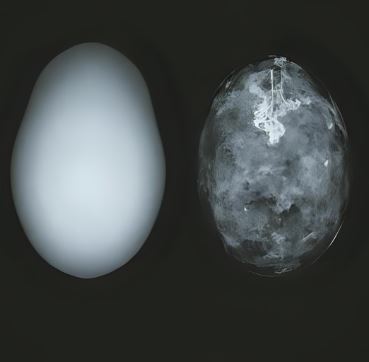Even though every Australian State offers free mammograms for women over 40, less than 55% of women are screened.
Many Australian states also report on breast density: a measure of how well x-rays see through the breast.
But Why?
Because density is a risk factor for breast cancer. And for people with dense breasts, a standard mammogram often cannot see the cancer.
The Breast Screen Initiative (an initiative of AGPN) needs your help to raise awareness of the importance of screening and following up with your GP if you have dense breasts.

In Australia, women have a 1 in 7 lifetime risk of being diagnosed with breast cancer.

Breast cancer may be identified via a self test, or more often through the national, free, state based breast screening programs

Breast screening programs are provided across Australia for women aged 40 to 74, providing fully funded mammograms. These programs are for people with no symptoms.

Many people are unaware that breast cancer can affect Men as well as women.
1 in 550 men will get breast cancer with around 200 diagnosed every year.
Unlike Bowel and Cervical cancer there is no national system to remind patients and their doctors that they are due to have breast screening.
Reminders are often missed when people move, change doctors or do not remember.

Desnisty is a major predictor. Every unit in density increase is a 2-3% increase in lifetime risk.
If you have been identified as having high density breasts, speak to your GP about your risks.